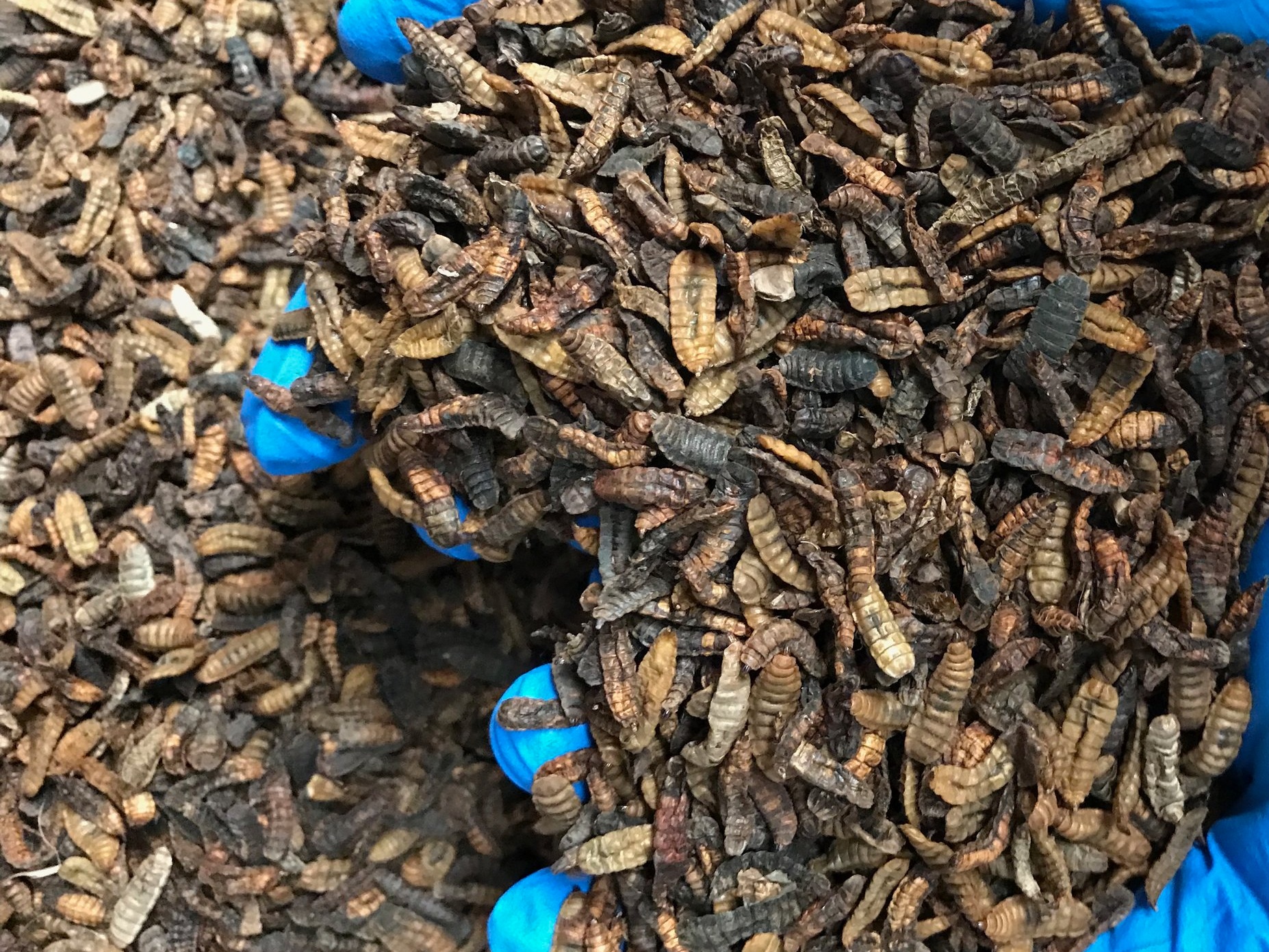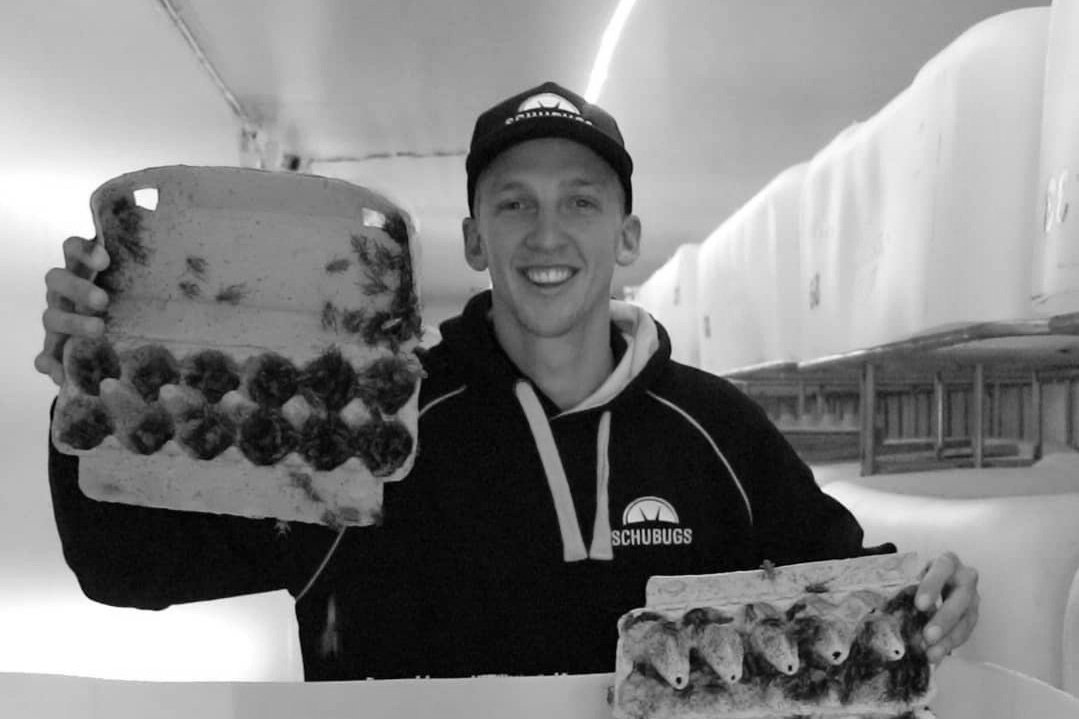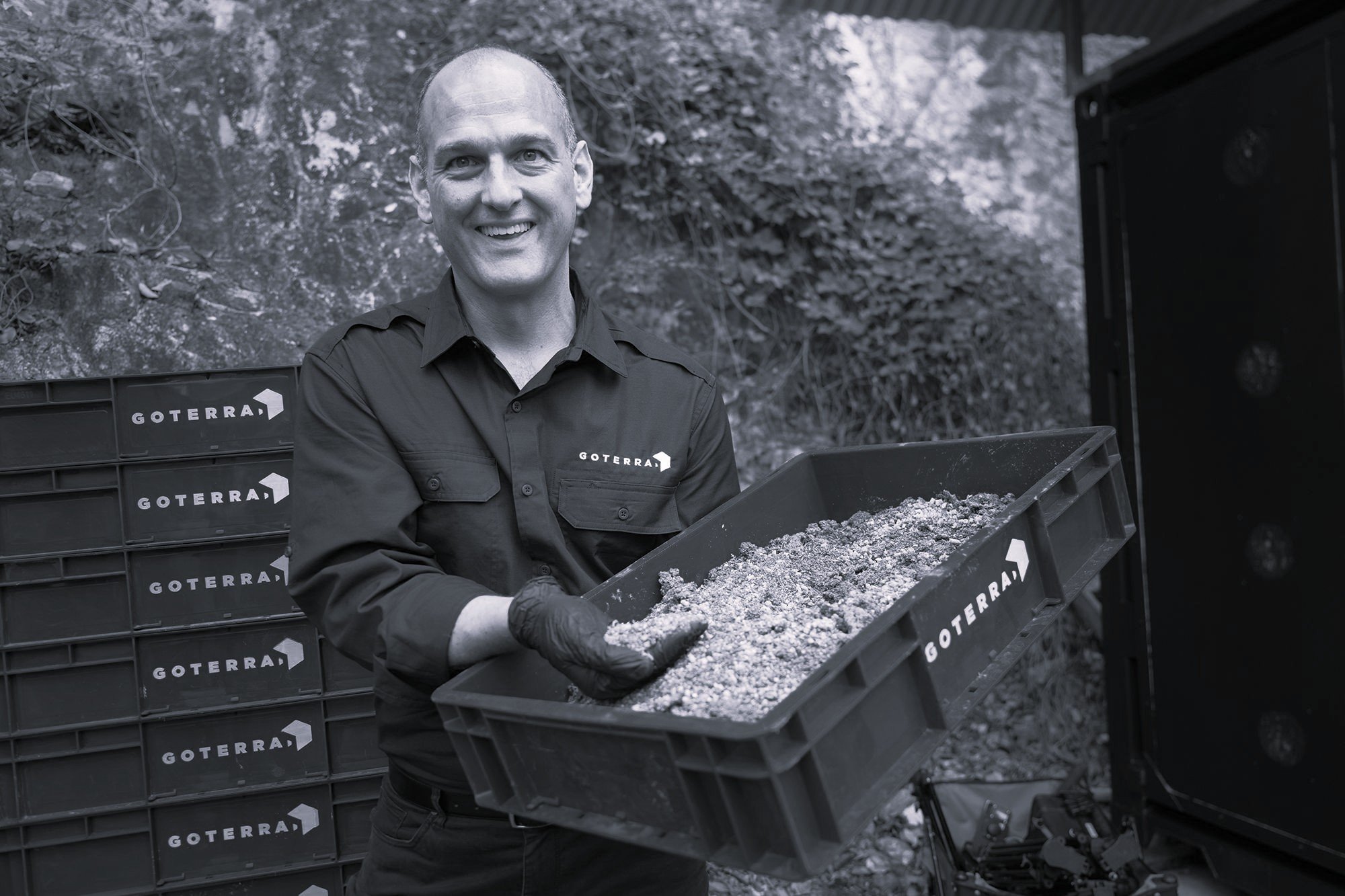About us
It is widely accepted that by 2050 the world will host 9 billion people. Land is scarce and expanding the area devoted to (conventional) farming is rarely a viable or sustainable option. Oceans are overfished and climate change and related water shortages could have profound implications for food production. To meet the food and nutrition challenges of today – there are nearly 1 billion chronically hungry people worldwide – and tomorrow, what we eat and how we produce it needs to be re-evaluated. Inefficiencies need to be rectified and food waste reduced. We need to find new ways of growing food. - Future Prospects for Food and Feed Security - FAO. Rearing insects for human consumption in Australia needs to embrace the learnings from overseas in creating a viable industry that gives clear providence of product, worlds best practices farming practices and a product customers can trust.
Cricket Falafel
Insects as food
Australian’s are getting into insects and the IPAA is experiencing an increase in members who are farming insects for food or who are producing Fast Moving Consumer Goods (FMCG) from insect products. In Australia insects for food are listed as a ‘non-traditional food’ as opposed to a ‘novel food’ which allows the farming and sale of insects. There are of course many traditionally eaten insects in Australia that our indigenous peoples still partake in, whether that be Bogong moths in ACT and NSW, Honeypot Ants or the famous Witchety Grubs of the arid zones.
Dehydrated Black Soldier Fly Larvae
Insects as feed
Insects are high in protein, fats and amino acids making them ideal feed ingredients for pork, poultry, aquaculture and pet foods. Insects are permissible as a feed ingredient in Australia, however how they are farmed, what waste streams can be used and how they must be processed and labelled varies in each state.
Insect Frass
Insect by-products
Insects create a number of useful by-products. The most common are frass - insect manure, and oil - taken during the rendering process to make insect meal. Additionally by-products like chitin and lipids are being explored with research across the world.
Click here to review the current IPAA Strategy










